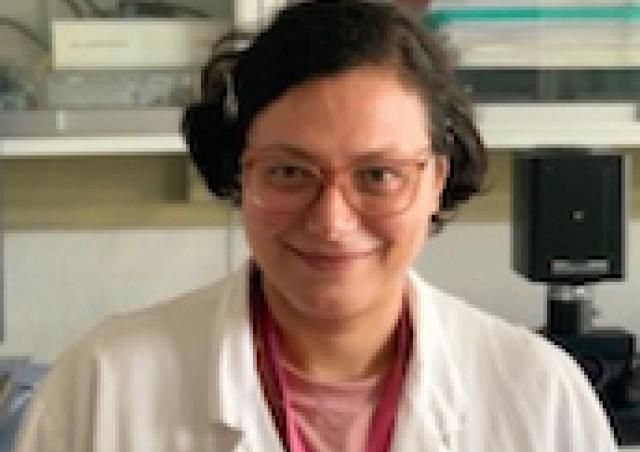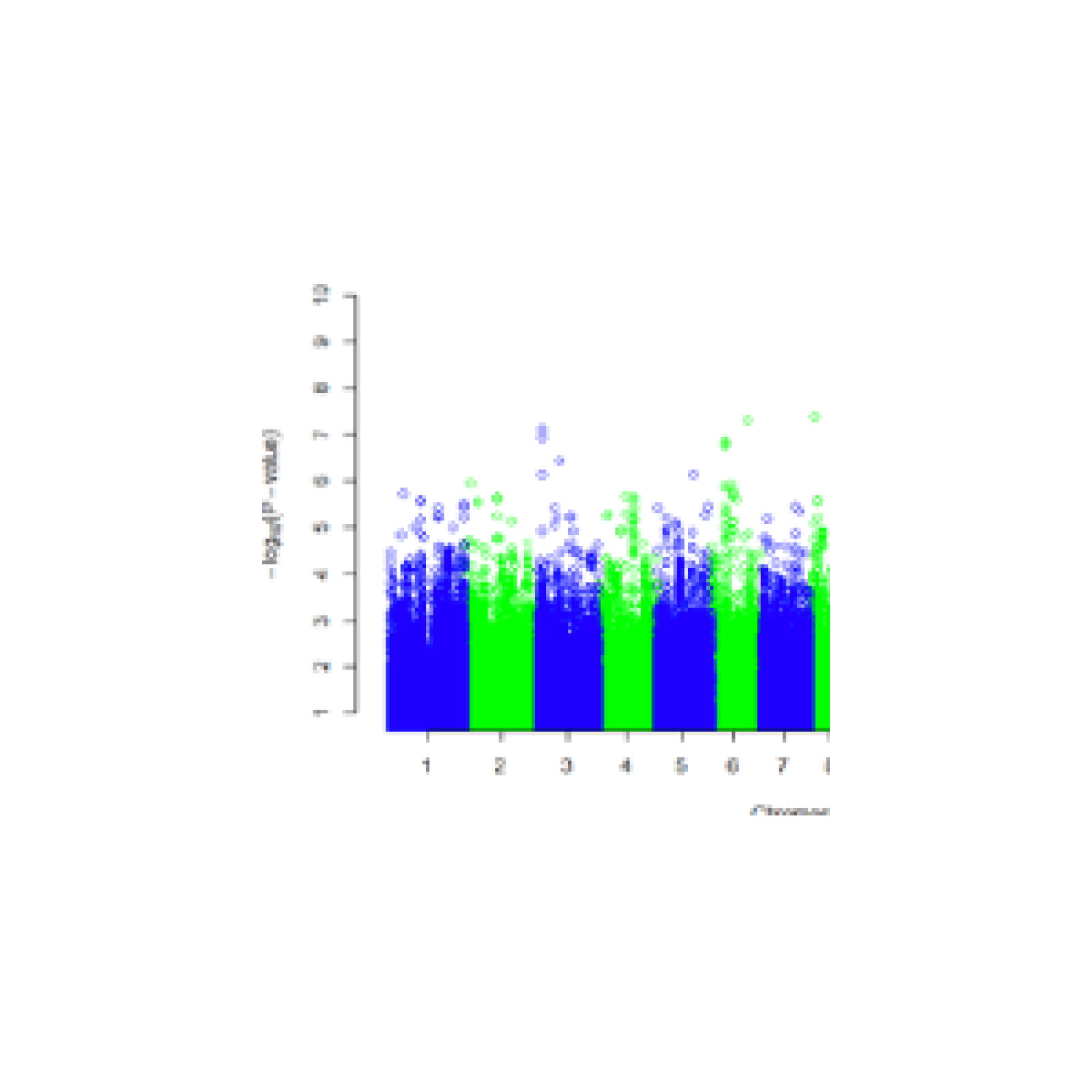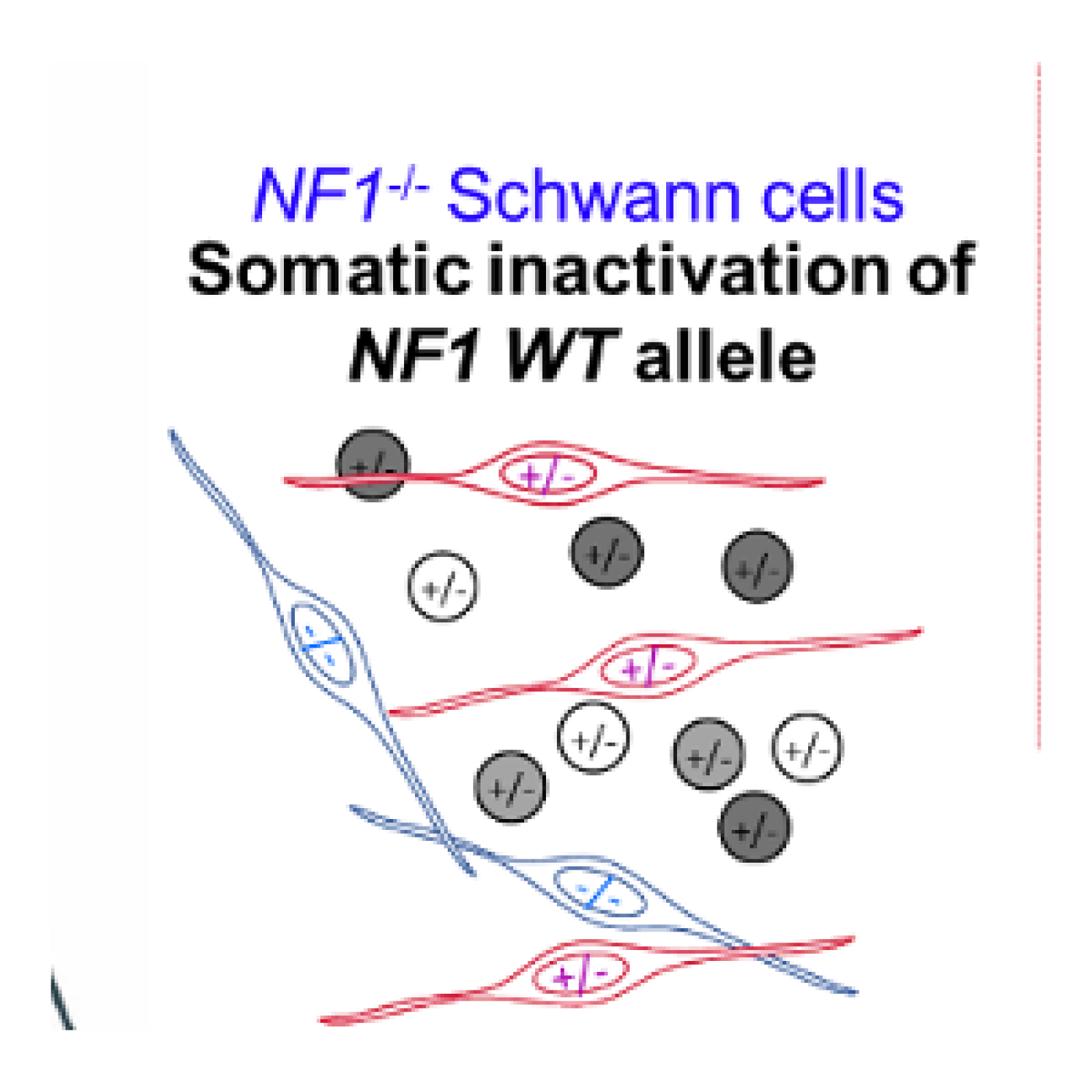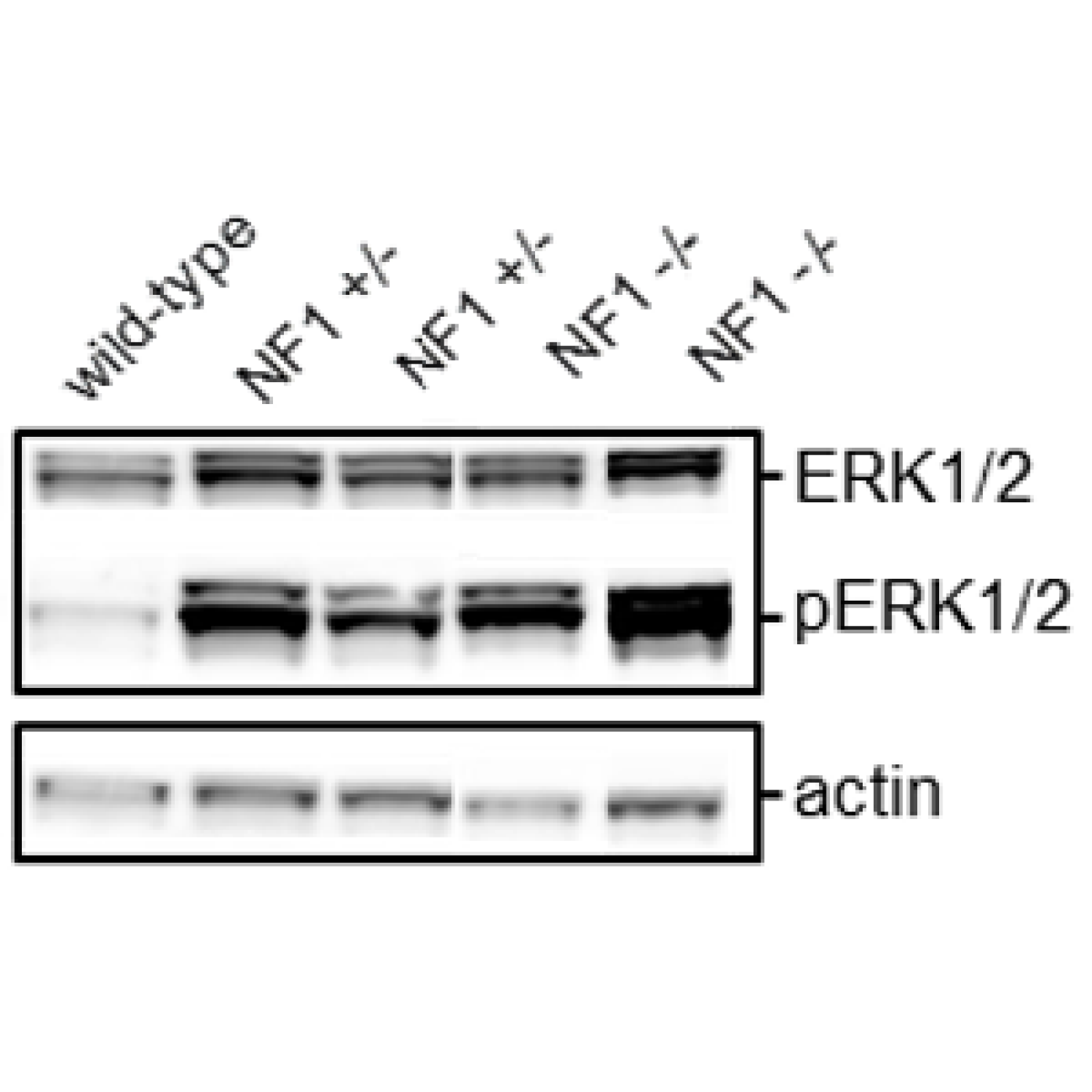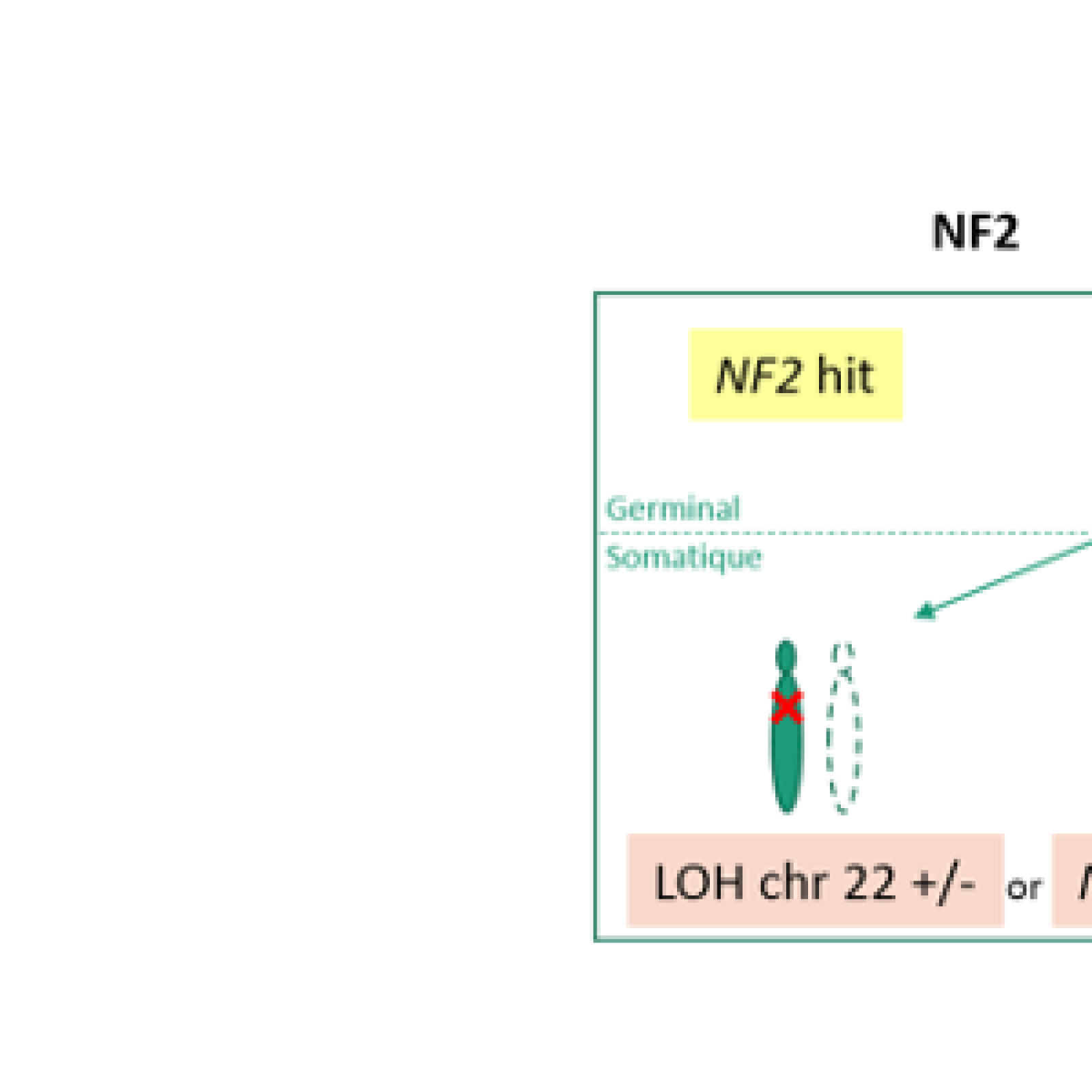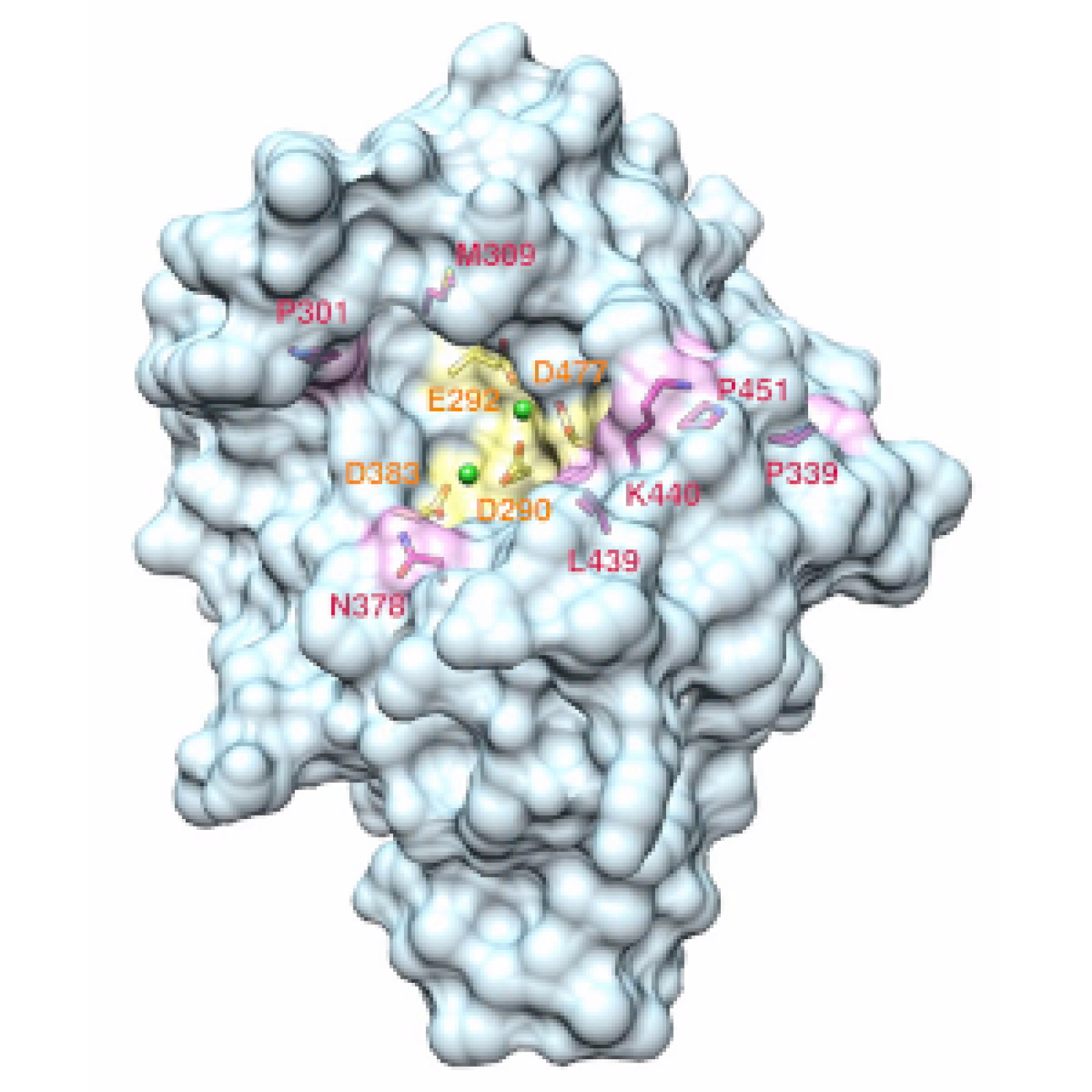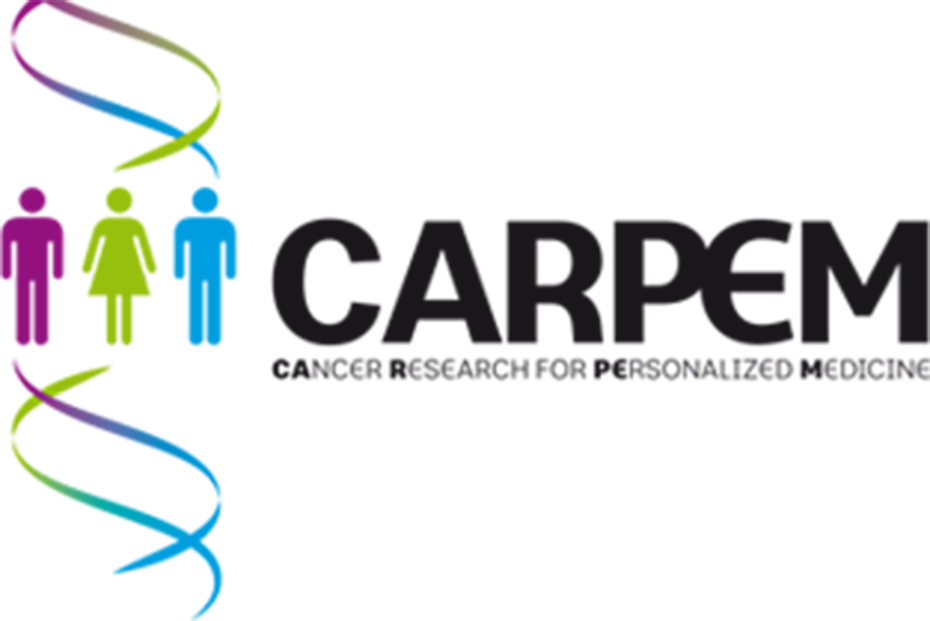Genomics and epigenetics of rare tumors
Our main research projects are dedicated to the study of rare tumor-predisposition syndromes (including neurofibromatoses) and their associated cancerous (malignant) and noncancerous (benign) tumors. Our team is interested in (1) the genetic and cellular mechanisms involved in the development of these pathologies, and (2) the genomics and therapeutic targeting of the associated tumors.
The main interests of our group are:
(1) The study of genetics and epigenetics of tumor-predisposition disorders. We aim at understanding the mechanisms underlying the variable expressivity (study of genotype-phenotype correlations, identification of modifier genes, and development of high-throughput functional genomics approaches) and the genetic heterogeneity of rare hereditary tumor syndromes, including neurofibromatosis type 1 (NF1), neurofibromatosis type 2 (NF2) and schwannomatosis. More recently, the team has initiated a research project dedicated to digestive tumor predisposition syndromes, including Peutz-Jeghers syndrome and polymerase proofreading-associated polyposis (PPAP). The team develops high-throughput functional genomic assays to interpret missense mutations in the POLE gene causative of PPAP;
(2) The functional characterization of NF1/NF2-driven tumors to identify the key drivers of tumorigenesis, and their targeting, through pharmacological and genetic screening.


